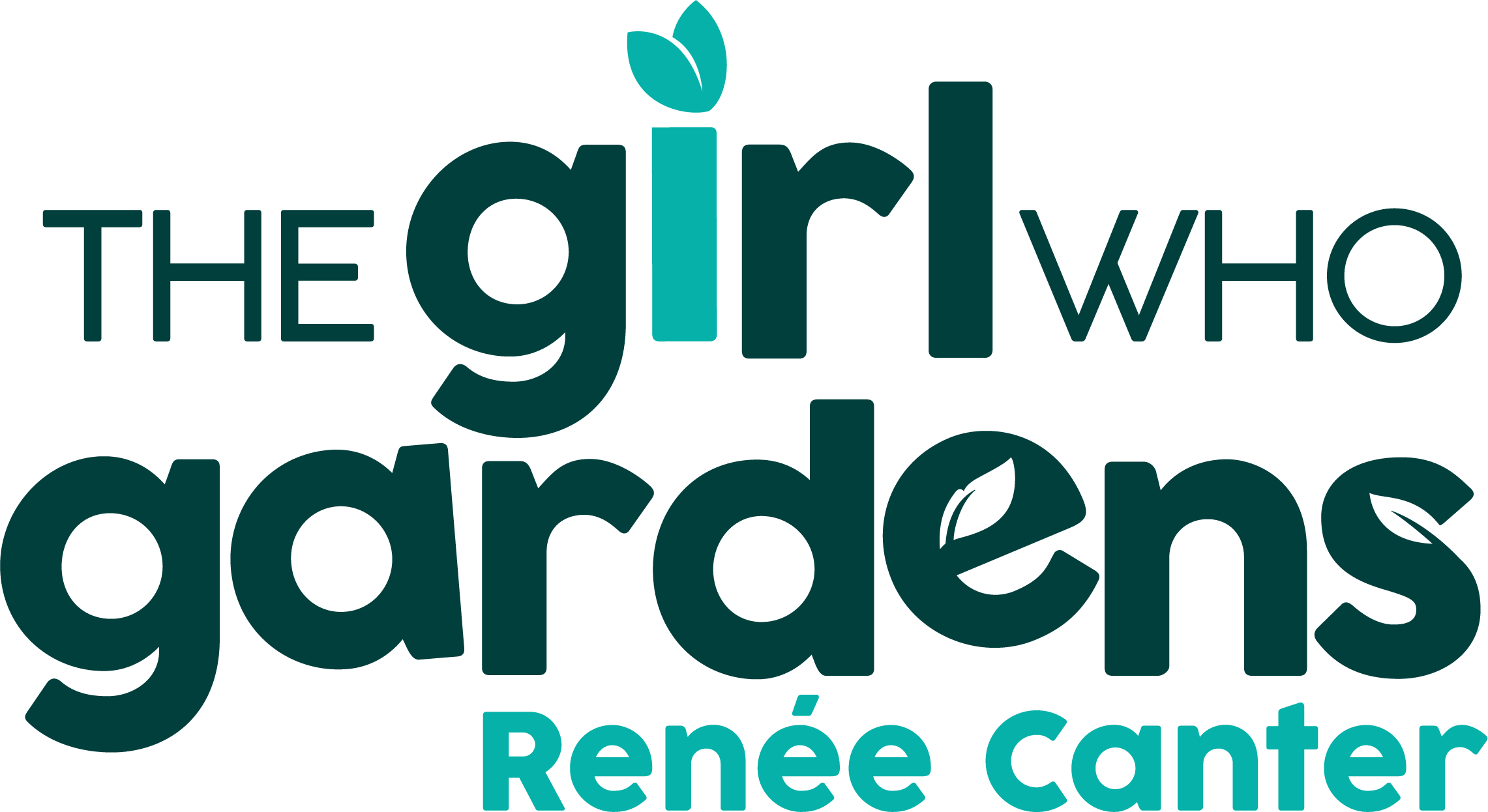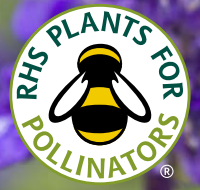We’re told time and time again how important our gardens are in keeping the country green and that our plots are a mecca for pollinating insects. The trick is to provide a wide variety of flowering plants as they are often designed with particular insects in mind. Taking this into account here are my Top Six Plants to attract insects into your garden:
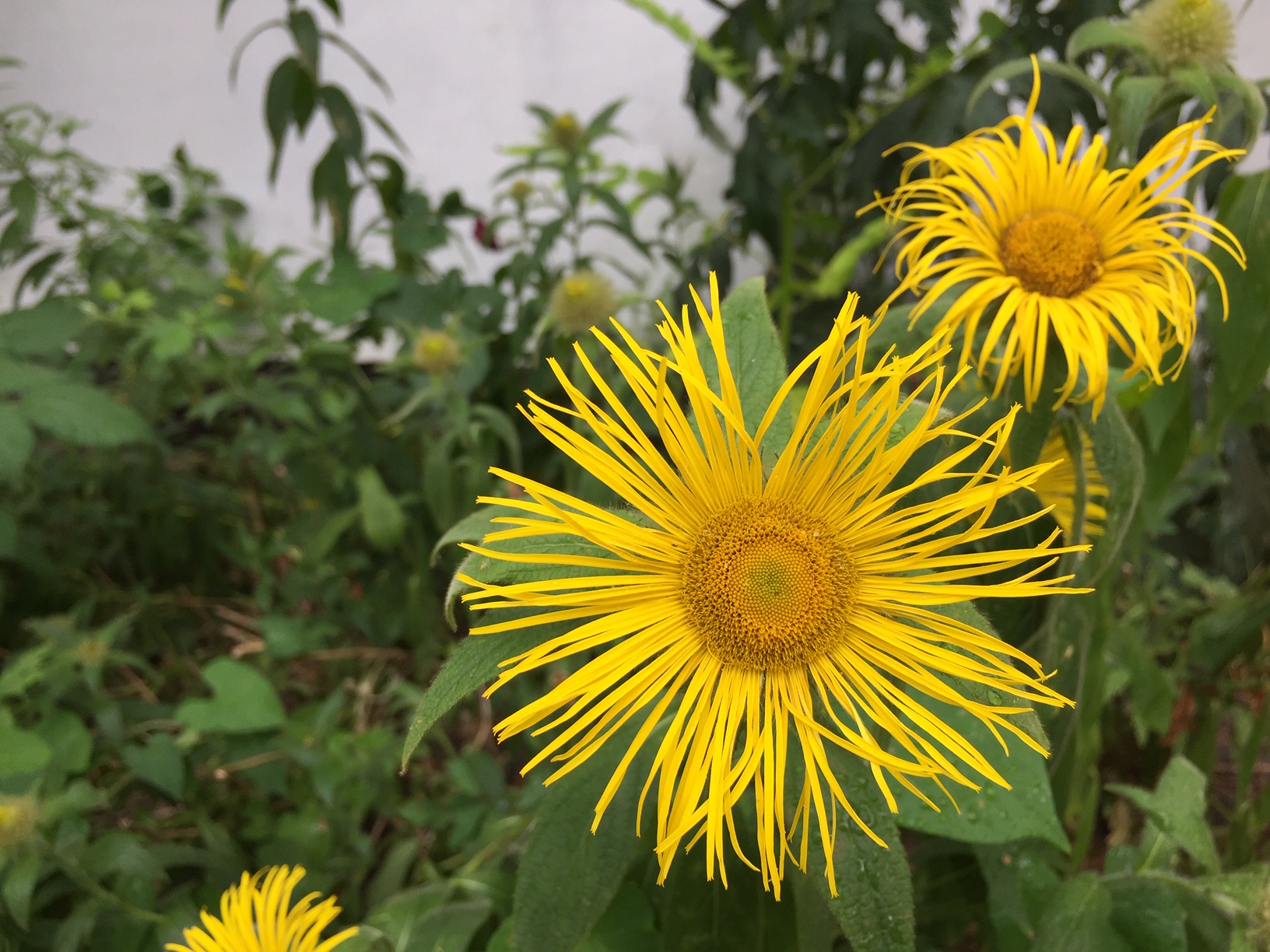 Harvest Daisy (Inula) – typically we want to be planting simple flower shapes, and this Harvest Daisy provides that. Simple Daisy shapes that don’t have a double set of petals are easier for pollinators to access and their wide-open shape makes it easier for insects to use as a landing pad.
Harvest Daisy (Inula) – typically we want to be planting simple flower shapes, and this Harvest Daisy provides that. Simple Daisy shapes that don’t have a double set of petals are easier for pollinators to access and their wide-open shape makes it easier for insects to use as a landing pad.
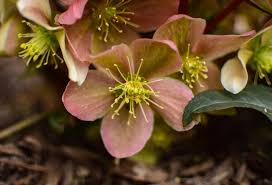
Lenten Rose (Hellebore) – these flower from Winter to early Spring so provide nectar and pollen early in the year. Choose the single flowering versions to best attract pollinators and enjoy their beautiful flowers at a gloomy time of year.
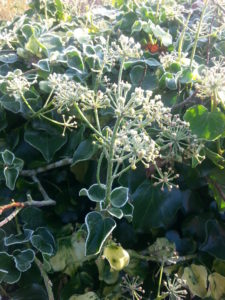
Ivy (Hedera) – we’re encouraged to keep a corner of the garden untidy as this provides a great habitat for insects and wildlife to use as home! Ivy is a great plant to leave or plant in such an area as it provides a safe haven of nooks and crannies for wildlife to live in and its flowers over the Wintertime provide nectar and pollen at a time when there’s not a lot around!
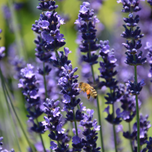
Lavender – the quintessential British Garden Shrub, Lavender is a great plant for insects and especially Bees. They love its nectar and pollen and it flowers for a long period over the Summer.
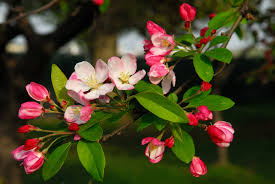
Crabapple (Malus)– a small Crabapple tree is a brilliant garden tree but not only for us! It provides beautiful Spring Blossom and Autumn Fruits which we enjoy but also the wildlife in your garden.

Ice Plant (Hylotelephium spectabile) – This succulent looking perennial flowers for ages from Summer onwards. This means there is nectar and pollen available for a long period but also it looks great if you leave the flowerheads on over Winter and therefore provides seed and shelter for birds and insects.
General planting tips for attracting insects into your garden are:
- Avoid the use of chemical weed killer and pesticides
- Plant a wide variety of colours, scents and shapes of plants
- Plant a variety of plants that flower all year round
- Avoid plants with double or multi layers of petals

For more information The RHS do a great guide to Plants for Pollinators and you can find their campaign logo on plants they recommend for insects at Garden Centres across the country.
Have you got a favourite insect-friendly plant? Let me know in the comments below. Or if you want help to make planting choices for your garden drop me a line.
Renée
x
